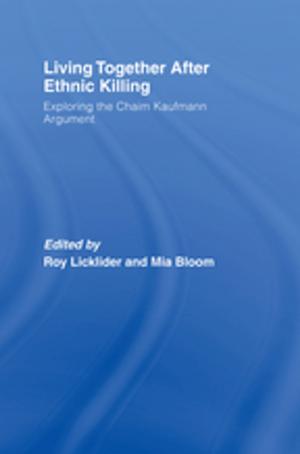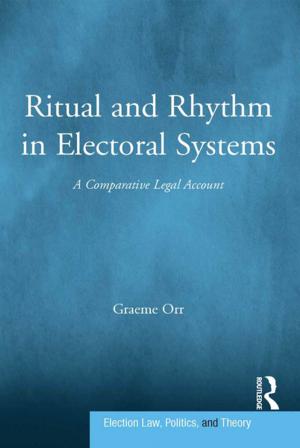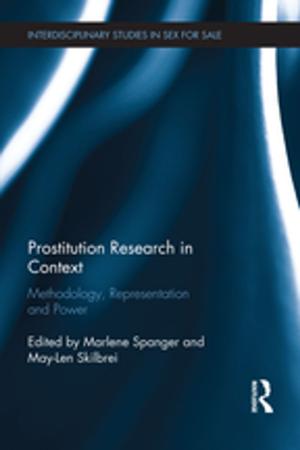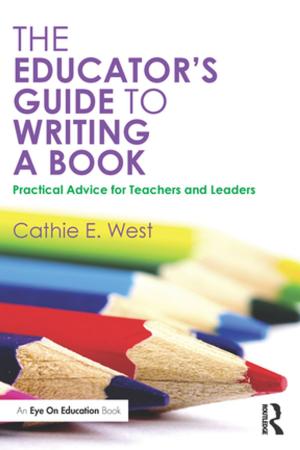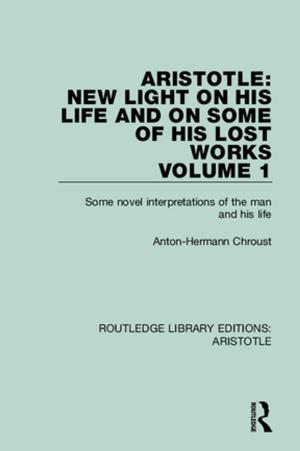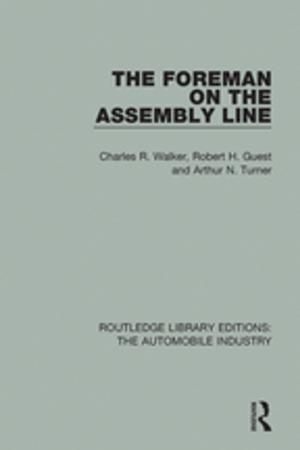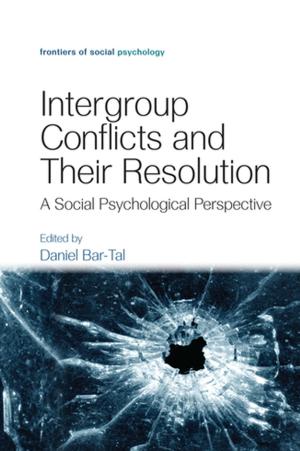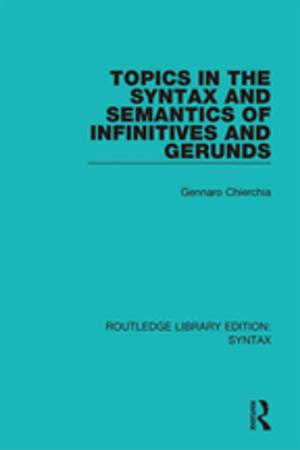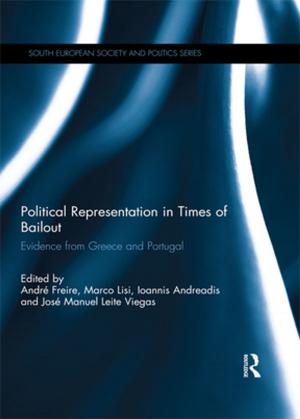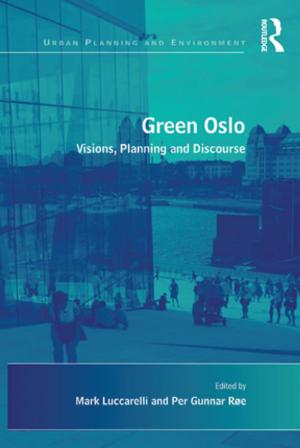Grief and Its Transcendence
Memory, Identity, Creativity
Nonfiction, Health & Well Being, Psychology, Psychoanalysis, Psychotherapy, Mental Health| Author: | ISBN: | 9781317606352 | |
| Publisher: | Taylor and Francis | Publication: | September 16, 2015 |
| Imprint: | Routledge | Language: | English |
| Author: | |
| ISBN: | 9781317606352 |
| Publisher: | Taylor and Francis |
| Publication: | September 16, 2015 |
| Imprint: | Routledge |
| Language: | English |
Grief and its Transcendence: Memory, Identity, Creativity is a landmark contribution that provides fresh insights into the experience and process of mourning. It includes fourteen original essays by pre-eminent psychoanalysts, historians, classicists, theologians, architects, art-historians and artists, that take on the subject of normal, rather than pathological mourning. In particular, it considers the diversity of the mourning process; the bereavement of ordinary vs. extraordinary loss; the contribution of mourning to personal and creative growth; and individual, social, and cultural means of transcending grief.
The book is divided into three parts, each including two to four essays followed by one or two critical discussions. Co-editor Adele Tutter’s Prologue outlines the salient themes and tensions that emerge from the volume. Part I juxtaposes the consideration of grief in antiquity with an examination of the contemporary use of memorials to facilitate communal remembrance. Part II offers intimate first-person accounts of mourning from four renowned psychoanalysts that challenge long-held psychoanalytic formulations of mourning. Part III contains deeply personal essays that explore the use of sculpture, photography, and music to withstand, mourn, and transcend loss on individual, cultural and political levels. Drawing on the humanistic wisdom that underlies psychoanalytic thought, co-editor Léon Wurmser’s Epilogue closes the volume.
Grief and its Transcendence will be a must for psychoanalysts, psychotherapists, psychiatrists, and scholars within other disciplines who are interested in the topics of grief, bereavement and creativity.
Grief and its Transcendence: Memory, Identity, Creativity is a landmark contribution that provides fresh insights into the experience and process of mourning. It includes fourteen original essays by pre-eminent psychoanalysts, historians, classicists, theologians, architects, art-historians and artists, that take on the subject of normal, rather than pathological mourning. In particular, it considers the diversity of the mourning process; the bereavement of ordinary vs. extraordinary loss; the contribution of mourning to personal and creative growth; and individual, social, and cultural means of transcending grief.
The book is divided into three parts, each including two to four essays followed by one or two critical discussions. Co-editor Adele Tutter’s Prologue outlines the salient themes and tensions that emerge from the volume. Part I juxtaposes the consideration of grief in antiquity with an examination of the contemporary use of memorials to facilitate communal remembrance. Part II offers intimate first-person accounts of mourning from four renowned psychoanalysts that challenge long-held psychoanalytic formulations of mourning. Part III contains deeply personal essays that explore the use of sculpture, photography, and music to withstand, mourn, and transcend loss on individual, cultural and political levels. Drawing on the humanistic wisdom that underlies psychoanalytic thought, co-editor Léon Wurmser’s Epilogue closes the volume.
Grief and its Transcendence will be a must for psychoanalysts, psychotherapists, psychiatrists, and scholars within other disciplines who are interested in the topics of grief, bereavement and creativity.


